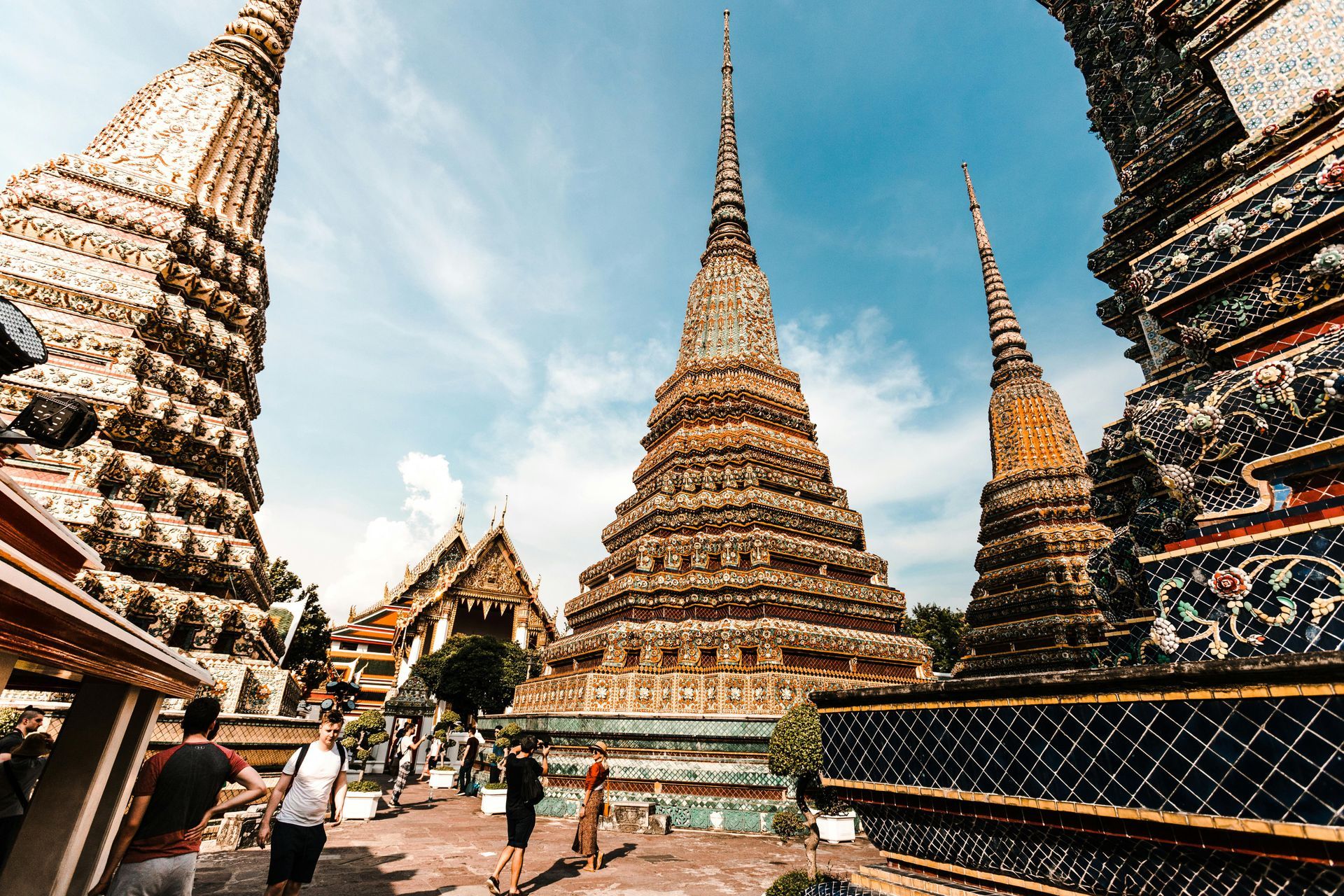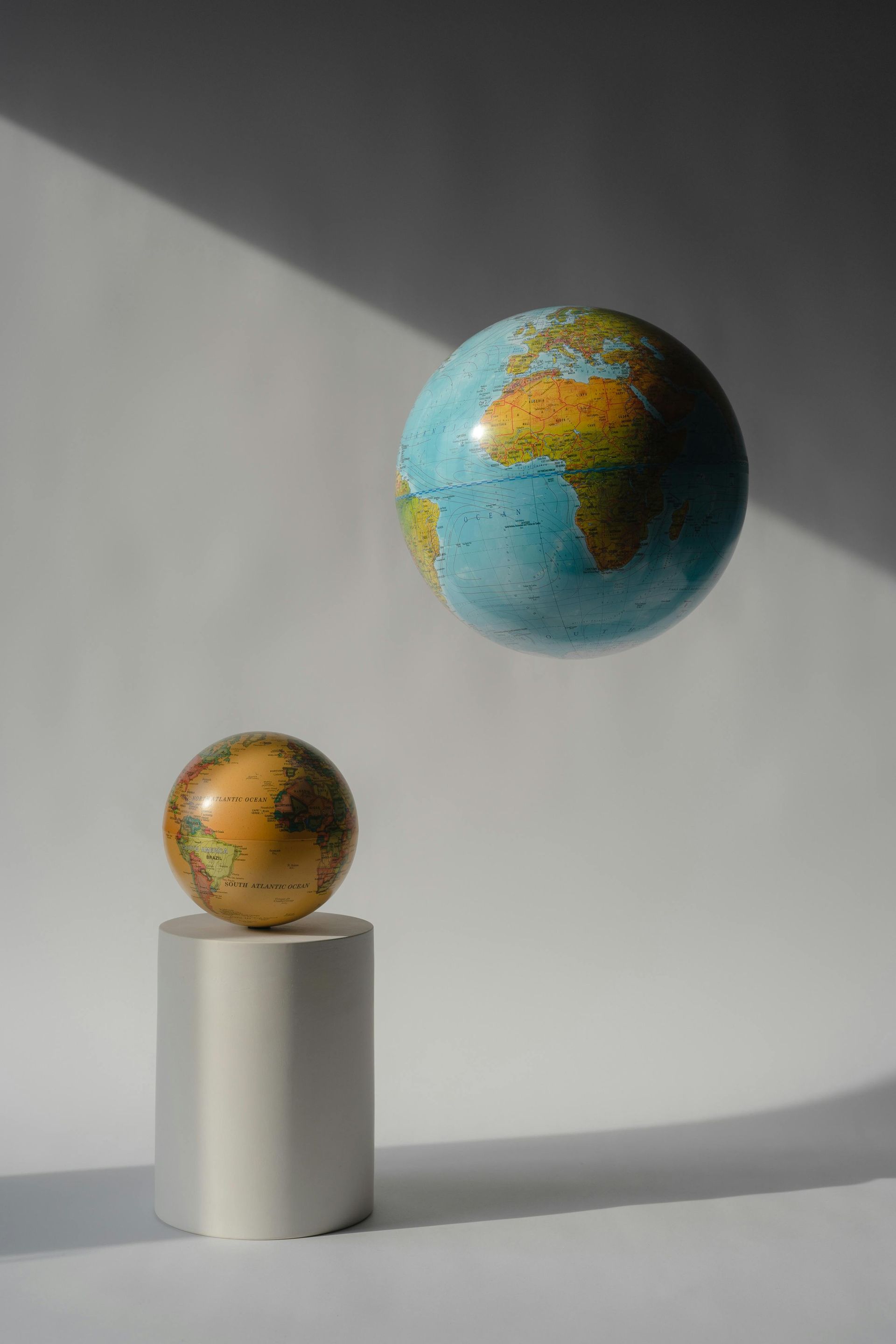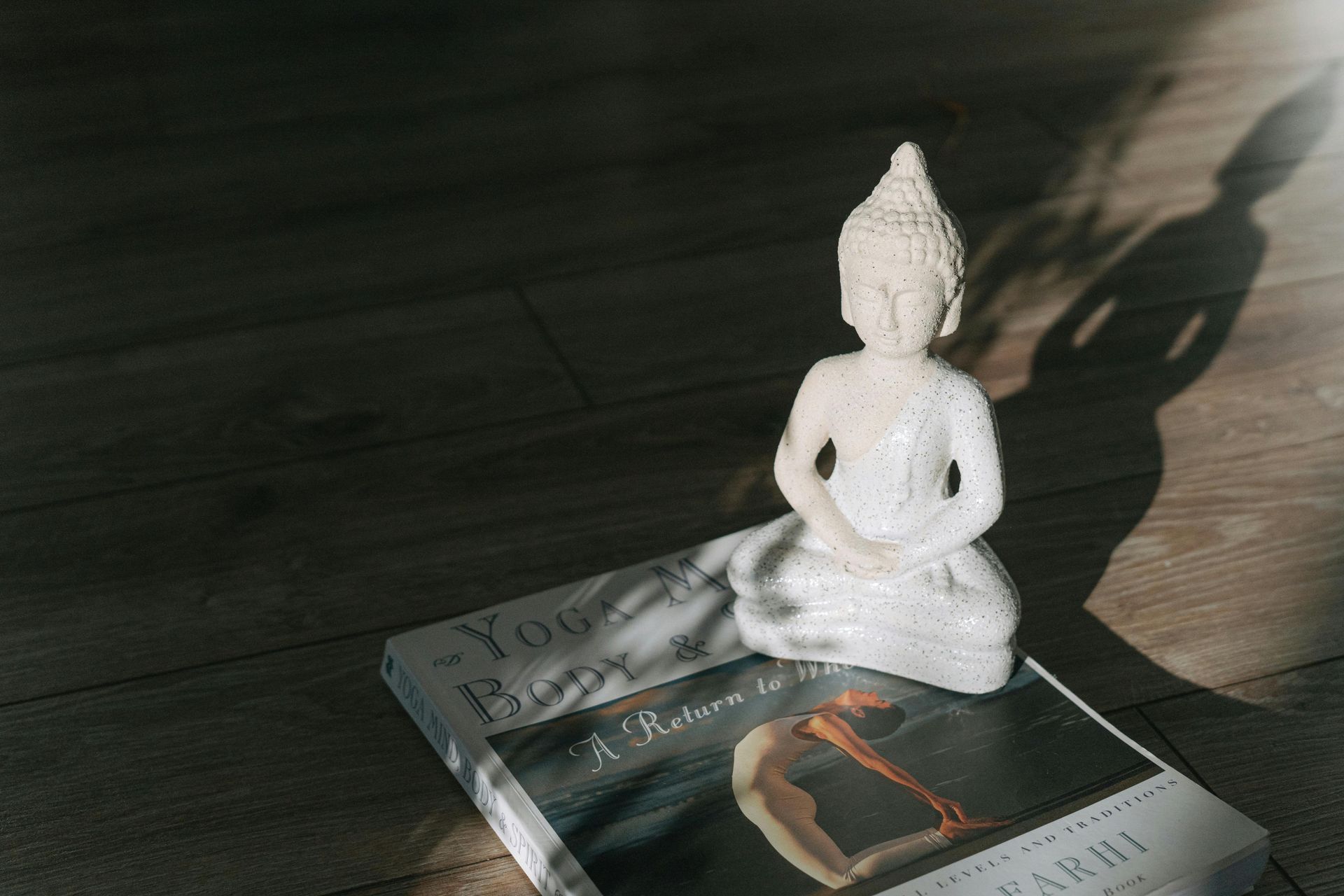Black in Southeast Asia
Black in Southeast Asia

Visiting Thailand in the past always felt like stepping into a different world—one that offered a sense of calm and normalcy I couldn’t quite explain. Thai people struck me as respectful and considerate, and now that I live here, that perception hasn’t changed. The cultural differences between Thailand and America are glaring, especially when it comes to race.
In the United States, I was constantly reminded of my skin color. Daily life was littered with microaggressions, systemic inequalities, and an unspoken understanding that I was seen as “less than.” The media, education system, healthcare, and even casual interactions served as constant reminders of these disparities. Speaking up about such treatment often led to gaslighting—being made to feel as though I was imagining things or overreacting.
Take healthcare, for example. The persistent myth that Black people are biologically different from others has deep roots in history. Medicine in the United States grew up alongside slavery, with the commodification of Black bodies requiring their dehumanization. For centuries, beliefs like Black people having a higher pain tolerance or literally having thicker skin have persisted—ideas that are not only scientifically baseless but also harmful. Shockingly, a recent study showed that many medical students still hold these misconceptions.
Similarly, in education, Black students in the U.S. are disproportionately subjected to harsher disciplinary measures than their peers. Studies show they are four times more likely to face suspension than White students. Such disparities perpetuate larger inequities in education and economic opportunities. Policies like zero-tolerance measures and heightened school security disproportionately target Black students, while alternatives such as restorative justice programs remain underutilized.
And these are just two examples. From housing discrimination to voter suppression to police violence, Black people in America face systemic challenges daily. The psychological toll of enduring such treatment is immense. Being dehumanized, having to justify my own existence, and witnessing the celebration of violence and oppression against my community was exhausting. I reached a breaking point where I realized I needed to leave the madness to protect my own well-being.
Living in Thailand has been like lifting a weight off my shoulders. I never sought special treatment—just the simple dignity of being treated like a human being. Here, I’ve experienced a sense of safety and respect that I longed for back in the U.S. It’s the little things: someone holding the elevator door when I’m rushing, acknowledging my presence when I enter a business, or simply being treated with kindness in everyday interactions. These small acts of humanity have had a profound impact on my mental and emotional health. For the first time in a long time, I can forget about the color of my skin and just be. This is a luxury I didn’t realize I craved until I experienced it. After spending most of my life in America, I now see how deeply the trauma of systemic racism has shaped my self-image, potential, and worldview. There’s a lot of healing ahead of me, but I’m ready to do the work.
Living here has given me the space to begin rebuilding my belief system and embracing a healthier, more fulfilling life. I feel encouraged, hopeful, and ready to dive into this new chapter with an open heart and mind.The body content of your post goes here. To edit this text, click on it and delete this default text and start typing your own or paste your own from a different source.


